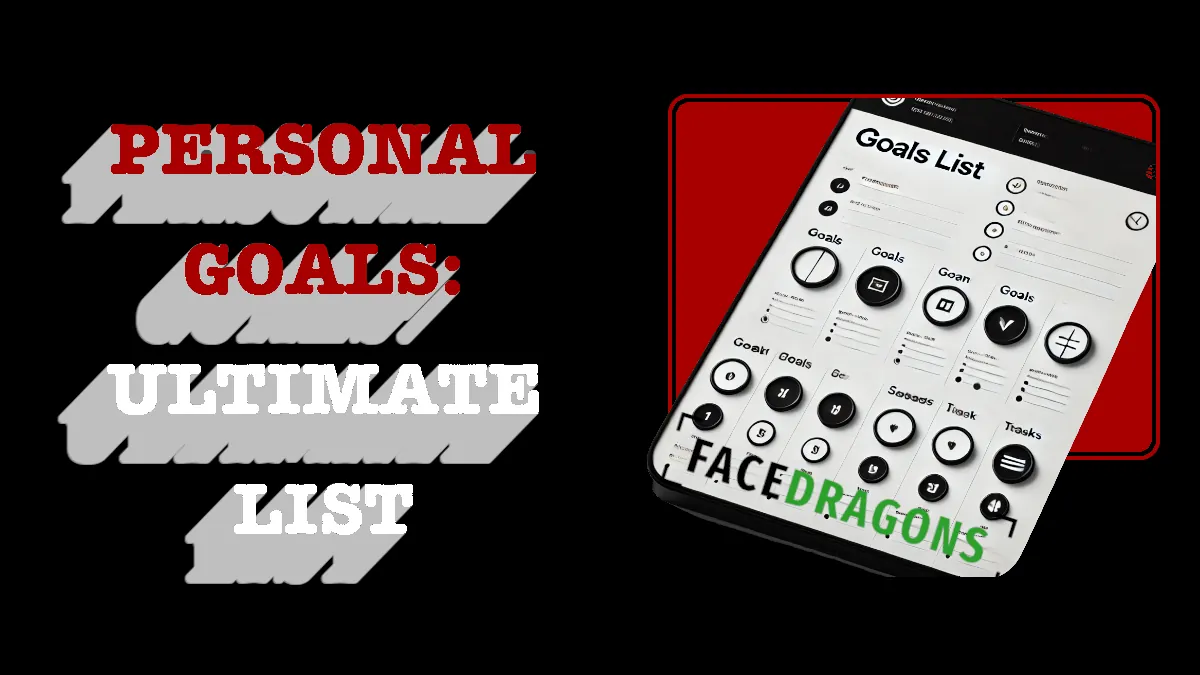Keeping a journal will help you grow, but only if you stay consistent. Writing in your diary or journal daily can be challenging, especially when starting out. Luckily, as everyone struggles at first, there are already many solutions. So, if you want to know how to journal daily without feeling like a grind, use the methods below.
Why Journal Daily?
A daily journal habit has many benefits, including well-being, productivity, personal growth, and writing skills.
- Journal keeping will improve your writing, and expressive diary writing enhances your creative writing too.
- Journal writing is like therapy – instead of speaking to a psychologist, use your diary for self-reflection and detail your thoughts and feelings.
- Writing journal pages every day can reduce anxiety – get those negative thoughts out of your head, and you’ll feel happier.
Make it Part of Your Morning/Evening Routine
Writing morning pages consistently can be challenging at first, but a quick and easy way to start writing your journal daily is to use habit stacking. Habit stacking is connecting a new habit to one that is already established.
For example, if you want to build the habit of flossing daily, do it before or after brushing your teeth. Your habit of brushing your teeth is (hopefully) already well-established. You don’t need any reminders to do it. So by placing your floss next to your toothbrush, you can combine these two habits.
For writing in your personal journal daily, try connecting it to something in your morning routine. For example, if you sit at the dining table every morning with a cup of coffee, connect it to your new journal habit and write while you caffeinate yourself.
Alternatively, if you have an evening routine, connect journaling to an action you do each evening. For example, if you spend some time reading each night, place your diary near where you read. Then, before or after reading, you’ll have your journal at hand.
Some things to connect with your new daily journaling habit:
- A Meal
- A daily commute
- A glass of wine
- Lunch break
Give Yourself Something to Journal About
It can be challenging to start journaling every day if you feel you have nothing to write about. This problem affects everyone at some time. But there are a few easy solutions.
Many people find it challenging to journal if they do it in the morning. You’ve just woken up and might not yet be firing on all cylinders, but more importantly, you haven’t done anything yet! At least if you journal at the end of the day, you have the whole day’s events to reflect on.
It is easier to journal every day when you have a clear idea of what you are writing about. Although there is something freeing about writing whatever comes to mind that day, often nothing comes to mind unless you have a clear purpose for your journal.
You might want to recount the events of the day. Or write about your feelings that day, or you may log your progress professionally or academically. There are many different types of journaling, and picking one will make building the habit much more effortless.
Remember, you can always change it later!
Write One Sentence a Day
It is surprising to learn that most journalers who have maintained the habit for over a decade write only a sentence or two each day. Yet, that may be the key to their longevity.
Requiring only a sentence of yourself each day takes the pressure off. The last thing you want is to turn your journaling habit into a chore. But one sentence is something anyone can maintain.
Of course, when you feel like writing more, you can. But when you don’t want to write or can’t think of anything, a single sentence is all you need to come up with.
Leave Your Journal Out
This advice goes for anything, not only writing.
If you want to do more of something, make it easy! As we go about our day-to-day lives, we are, for the most part, on autopilot. We take the path of least resistance. If you make it even a little challenging to start writing your diary, there will be days when you’ll skip it without thinking.
So leave it out.
You’re much more likely to write your journal entry if your journal is in front of you, so put it somewhere you’ll see it.
Leave it on the dining table if you sit there every morning. Put it on the coffee table if you spend your evenings on the couch. Put it on the arm of your reading chair. Leave it somewhere you’ll see it, and don’t hide it away on a shelf.
Find Journal Ideas and Prompts
New journal ideas and prompts make journaling more fun, and the more you enjoy it, the more you’ll do it.
Journaling prompts help start your first sentence, for example, “The best thing that happened to me today was…” Journal writing prompts help to take the pressure off with the most difficult sentence, the first one. It gives you some direction so you can concentrate on being reflective.
Journal in the Same Place Each Day
There’s something to be said for rapid logging, wherever you are, and journaling “in the moment,” but it can be hard to maintain if you don’t have a routine.
Pick a comfortable place that puts you in the right frame of mind and commit to writing there daily. It could be at your desk at work, on the train, or sitting on the toilet!
The routine of consistently journaling in the same place will make it easier. But, soon enough, your mind will want to start writing as soon as you get to your journaling spot.
Try a New Application or Journal
Sometimes all you need for motivation is the smell of a new journal. Getting excited over a new journaling app or a physical diary may seem silly, but we all fall victim to it. So if you’ve felt in a rut recently, change things up.
There are some incredible digital journaling applications available now, like Obsidian. Obsidian is a second brain or personal knowledge management program, but it’s perfect for journaling too. The app will automatically create a new journal entry daily, so it’s ideal for building a solid daily writing habit.
If you prefer to stick to pen and paper, finding a new journal can sometimes be all it takes to motivate you.
FAQ
How Much Should I Write in My Journal?
Of course, there is no set amount that you should write each day, and as discussed above, a one-sentence minimum creates a very achievable target. However, depending on the type of journaling you are doing, these guidelines will help:
- Anxiety Journal – Write until you start to feel some relief
- Travel Journal – Write enough to capture the day’s experience
- Personal Growth Journal – Any amount that makes you better than the day before
- Creative Writing Journal – Write at least a page or more if you can
- Recounting the Day Entry – Write the main events and anything that elicits an emotion
I Don’t Know What to Write
These ideas will help you if you can’t think of something to write:
- Write as if you’re addressing someone. You can even give them a name: “Dear John” then tell that person what’s on your mind
- Write about a goal you want to achieve this year—the progress you’ve made or why you haven’t worked on it recently.
- Write about your past. Recall events in your history. If they still cause you an emotional response, detailing them and how they make you feel can be a way to work through the experiences and develop your emotional well-being.
- Write about your future. What do you imagine your life like in 5 or 10 years? Writing a journal entry set in the future will focus your priorities and make them more likely to come true.
- Recount the events of the day. Especially when you’ve had a stressful day, writing everything that happened will help to take it off your mind.
- Write what you want to do today (or tomorrow if writing late.) This is the journaling equivalent of making a to-do list, but you don’t only have to write down your tasks. For example, write about how you will be friendly to everyone you meet today or how you will react in a particular situation.
- Write a gratitude journal – jot down everything that happened today that you’re grateful for.
- Scripture journal – spend ten minutes each day reading scripture and ask yourself how it might change your life. Then note down your thoughts.
- Keep a Dream Journal – Write something first thing in the morning to capture your dreams. Some say that by writing down your dreams, you’re more likely to have lucid dreams.
I Dread Journaling every day. How Can I Enjoy It?
If journaling is becoming a chore, you might need to give yourself a break. However, missing a few days when you’re burnt out or have writer’s block will not set you back.
If you want to keep writing, however,
- Find some fun writing prompts
- Look into free writing or stream-of-consciousness journaling
- Buy a new journal, notebook (like a Moleskine), or pen that makes you excited to write
- Draw Pictures to accompany your journal entries
Try to Enjoy It
However you decide to organize your daily diary habit, remember to enjoy it. If it stops becoming enjoyable, change something. There are so many ways to journal; there’s always something new to try.








